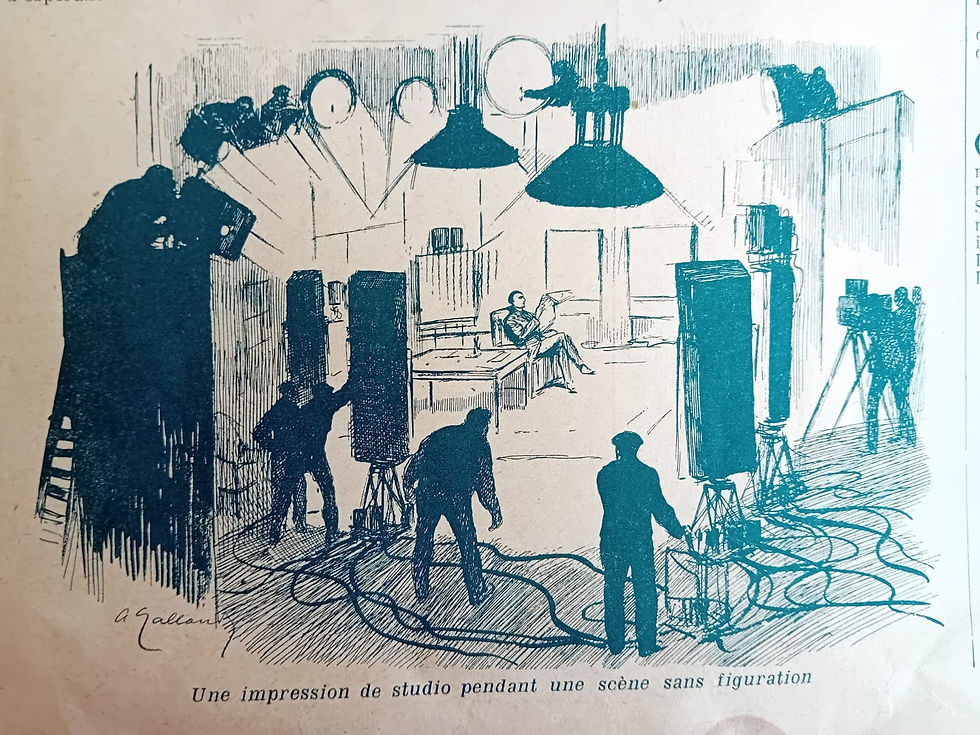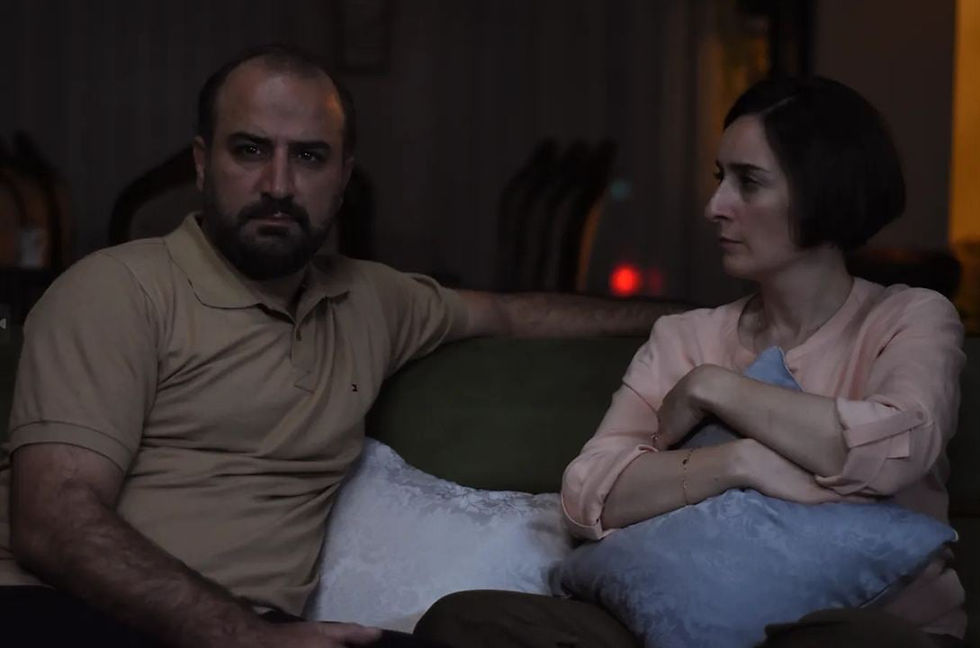DOCUMENTARY CASE
- Marina Drozdova

- Nov 28, 2024
- 3 min read

In essence, cinema can be neither "real" nor "actual" (all these words are just labels for trends). In cinema as art, we deal with the author's reality. Regardless of what the creator produces it from - a feature production or a documentary - he works as a sculptor. The creator inevitably cuts something off, sometimes kneads it in the montage - - his reality made of physical reality. This is the medium we are dealing with. In this respect, documentary cinema, no matter what you call it, is more insidious than fiction cinema (the most insidious of all), because it gives us the director's reality as objective. In fact, it is more conventional than animation. The author's presence in it is as rigid as in animation.The "real cinema"does not deny conventionality in the author's understanding. The term "real cinema" implies documentary pictures in which reality is deformed to a lesser extent than in conventional documentary. This is due to the new technological means used in filming: a small silent camera, the ability to record sound in any mode. In this case, reality remains more true to itself than in the case of author-operator's introduction into it with the equipment of the past. However, without violating the inviolability of reality in this way, the directors of "real cinema" format it strongly, building physically more life-like episodes in accordance with their intentions. At the same time, the directors of "real" cinema, if they have not reduced the author's role to almost zero, then they have tried to make it decimal.
I suspect, however, that most directors of "real cinema" have not heard of such a term as "death of the author", however flattering such a comparison may be. In the classics of structuralism, it is language, the psychology of language, the stereotypes of thinking behind the word, and the established canons of narrative that speak for the author. For the representatives of the "real" cinema movement, it is the material - reality - that speaks for them. Thus, whereas in Lévi-Strauss the death of the author occurred outside of the author, the creators of "real" cinema die voluntarily.
The author - if he is an author in the full sense of the term - must communicate something to us by moulding words into an utterance. To find an image, the main instrument of influence that art knows, something that tells me more about the world than the world itself... But if he believes that he owes nothing to the viewer, that the artistic image is a burden from the past, then the director should not waste my time looking at the products of his activity.
The word "dirty" in relation to "real" cinema is, in my opinion, the key word. The direction that is often called "new naturalism" addresses a marginalised milieu. Because this kind of film can only be made about people who do not distinguish between what is private and what can be shown in public (between privacy and publicity). Such characters do not know how to be shy, they are not developed enough to be embarrassed by showing themselves, sometimes the latter takes a truly exhibitionist form… And there is no author's merit in the "discovery" of such characters.
"Actual" cinema, in fact, becomes a protest form of domestic creativity. Its activists, predominantly young people, are simply disgusted at being framed in a contrived, smoothed-out world invented by the media. Completely false, of course. Falsehood is undoubtedly triumphant in today's culture - I mean the culture of television and media existence. Everything here is glamorous, "painted on" and oriented to amuse, entertain, and soothe. To characterise it more precisely, the introduction of such a view of the world order into the reading and viewing masses is not so much falsity as propaganda. It is understandable and natural that the young struggle against propaganda. However, representatives of "real" cinema claim that they are not fighting anything. And this, too, is understandable. The denunciation of the system, which characterised the "natural school" in literature, is very suspicious to them, the filmmakers of this generation are alien to any pathos, so they cannot create critical things, but inside, underlying, unconsciously, of course, they want to expose the wrong, unjust social order.



Comments